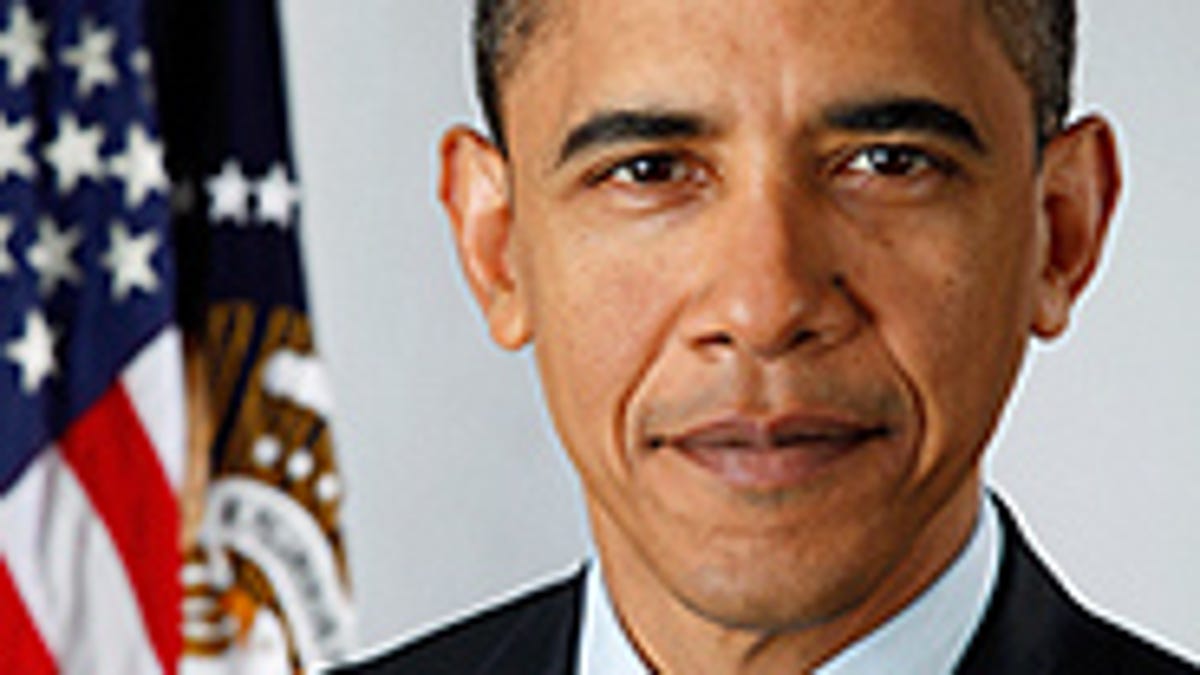Obama's Whitehouse.gov launches, with problems
When President Bush took office in January 2001, his version of Whitehouse.gov had some problems upon launch. In January 2009, so did President Obama's official Web site.

As President-elect Barack Obama began his inaugural address at noon on Tuesday, his aides were busy switching over Whitehouse.gov.
Until 11:59 am EST, the Web site featured a photograph of former president George W. Bush leaving the White House for the last time. The relaunched site's most prominent feature is an oversize photo of the new president next to the slogan: "Change has come to America."
Because the presidential Web site launched under Bill Clinton's tenure, this is only the second time that Whitehouse.gov has changed hands. The Clinton-Bush handover was not without problems: The site on January 20, 2001, briefly sported the line "Insert Something Meaningful Here," and suffered from some broken links and 404 errors.
Obama's new site, too, has its bugs. The site administrators posted an entry saying Obama "was sworn in" before that happened; another post titled "Read the Inaugural Address" was blank an hour after Obama finished giving it; some photo captions were incorrect; and the search option didn't work reliably.
If you're interested in reading the inaugural address, our CBSNews.com sister site has posted the full text.
The White House also now has what it calls a blog, something that Bush didn't have, except for occasional features like his "Trip Notes" during an overseas visit. Macon Phillips, the White House's director of new media and one of the blog contributors, said in a post that "Whitehouse.gov is just the beginning of the new administration's efforts to expand and deepen this online engagement" in making this the most "open and transparent" administration in history. Phillips also asks for comments from the public through a Web form.
At least in its initial incarnation, the White House blog seems to be more a collection of press releases (a proclamation of a day of reconciliation) and Obama statements (remarks at a speech on Monday, and Tuesday's inaugural address). There is no opportunity to comment, the person posting the item is not automatically identified, and it doesn't include "trackbacks," meaning ways to identify who else is talking about the entry.
On technology policy, the new administration promises to support Net neutrality, encourage the development of Internet-filtering technologies for parents "while preserving the First Amendment," and "strengthen privacy protections for the Digital Age." In an echo of Obama's campaign Web site, it says intellectual-property owners should be "fairly treated," while copyright and patent laws should be updated.
The White House lists names of appointees for Cabinet positions, including well-known ones like Hillary Clinton for secretary of state and lesser-known ones like Robert Nabors for deputy budget director. But it missed the opportunity to post photos and even brief biographies of each of the nominees.
It does feature a reasonably flattering official biography of the outgoing President Bush, saying he worked "to create an ownership society and build a future of security, prosperity, and opportunity for all Americans. He signed into law tax relief that helped workers keep more of their hard-earned money" and took steps "to protect our homeland and create a world free from terror."
Elsewhere, though, another Web page lambastes Bush's "unconscionable ineptitude" in responding to Hurricane Katrina and promises that such a "catastrophic failure" will never happen again.

